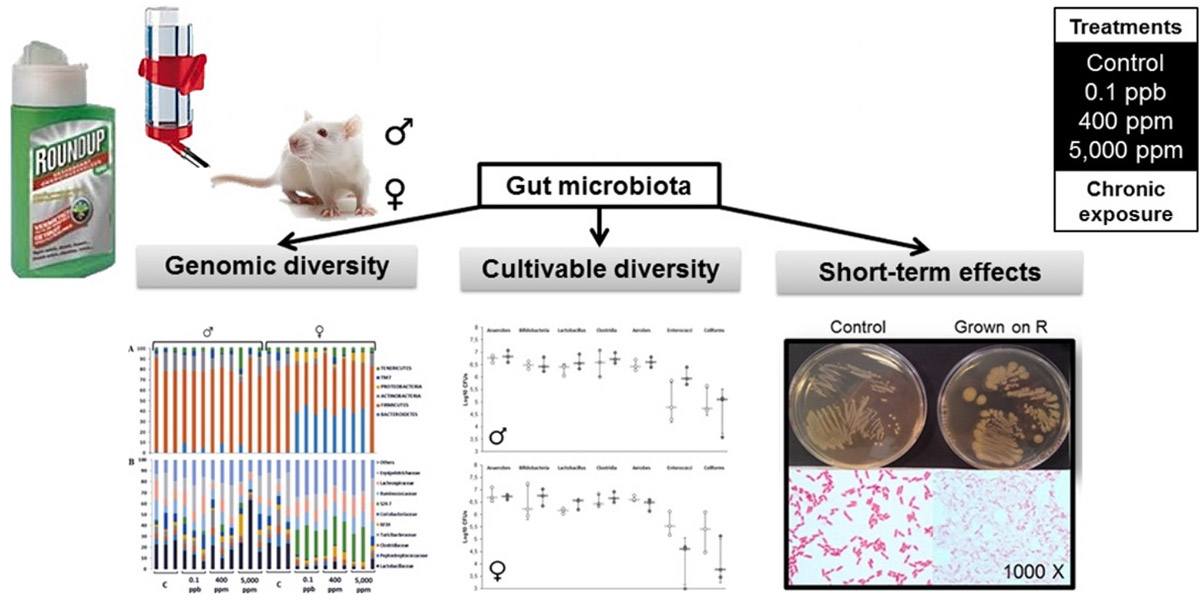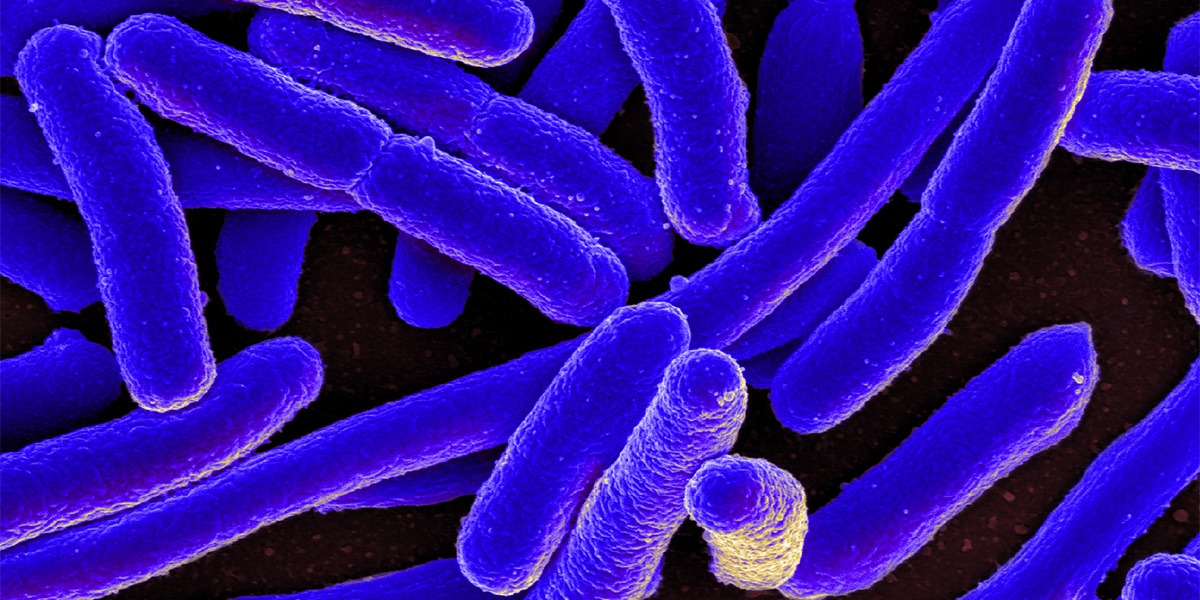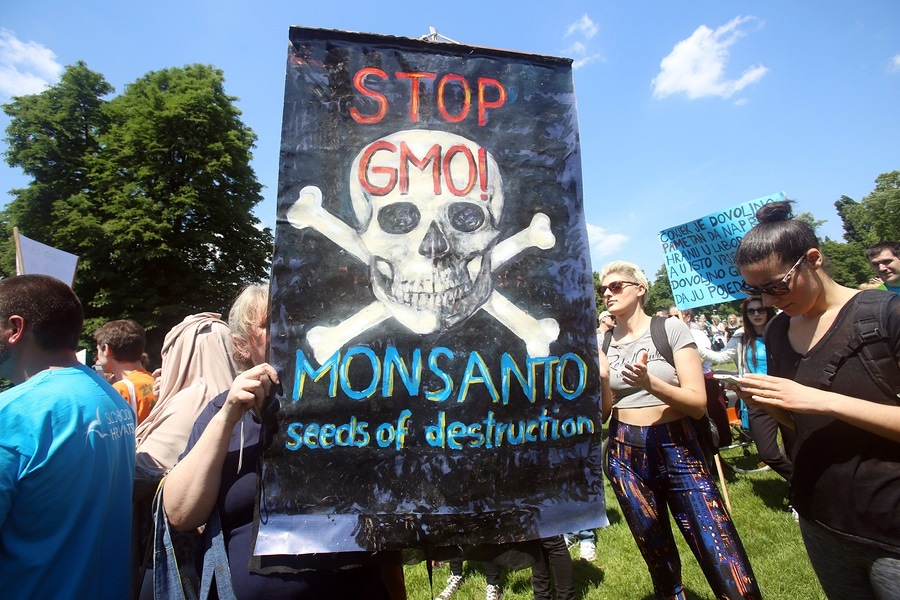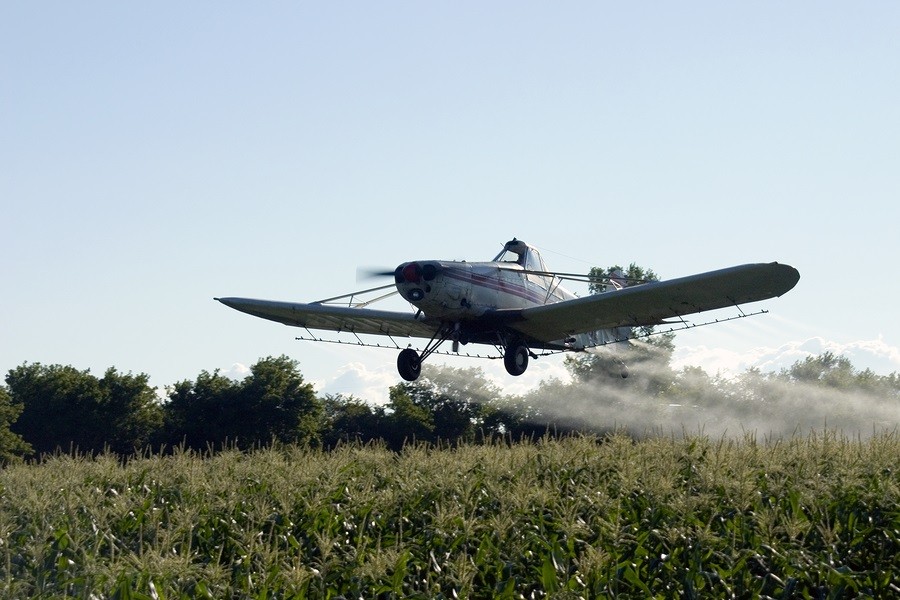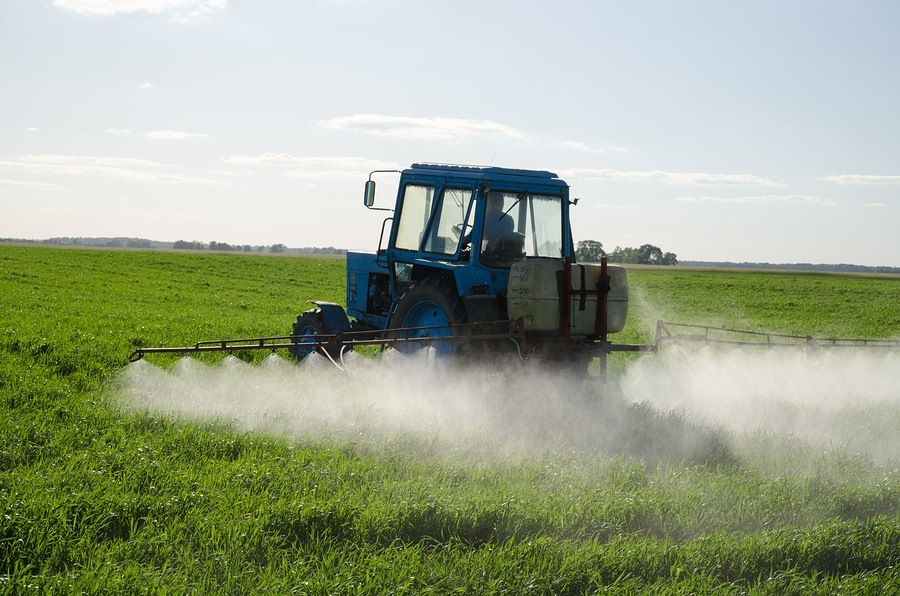Is Modern Toxic Life Responsible for Skyrocketing Childhood Cancers?
No one really likes to talk about cancer, and childhood cancers are an especially unpalatable topic of conversation. Yet the fact is that cancers are among the top four causes of death for both children and adults. The newest U.S. cancer statistics for young people (under 20 years old), which cover the years 2001–2014, point to steadily increasing rates of pediatric cancer over that time period. Conventional entities such as the American Cancer Society offer no explanation for the increased childhood cancer rates, feebly asserting that “there are few known risk factors for childhood cancer” other than exposure to ionizing radiation. However, this disingenuous statement completely ignores the increasingly toxic environment in which we unreasonably expect children to thrive—and the many known and suspected carcinogens in that environment that may be ratcheting up children’s cancer risks, perhaps synergistically.






